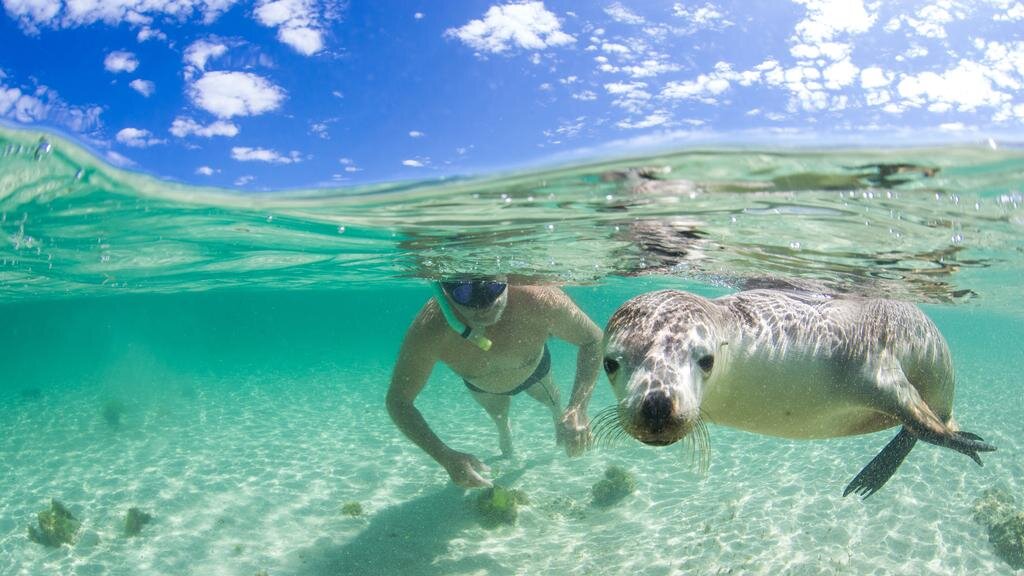
Marine biologist says science behind desal plant not thought through
Dr Paul McShane is a highly experienced marine biologist and consultant who provides advice on sustainable aquaculture practices both nationally and internationally. In Dr McShane’s estimation, SA Water & the government haven’t properly assessed the risks to the marine life in Boston & Proper Bays.
While statements have been made by SA Water suggesting a desalination plant in the Boston and Proper Bay regions is safe for marine life, they aren’t comparing apples with apples and dealing with the particular features of the area, such as reefs, tidal flows, and water depth.
Dr McShane’s report and letter (both linked on this page) suggest that there is no foundation for SA Water to conclude that Billy Lights Point is a suitable location for a desalination plant.
Desalination plants remove salt from seawater to produce freshwater. In doing so, they produce hyper-saline effluent (at least twice the concentration of normal seawater) which is discharged into coastal waters. Because of the potentially harmful effects of their effluent, desalination plants are recommended to be situated on high energy coastlines where wave action and ocean currents can disperse effluent to harmless levels - from Dr McShane’s letter
Boston Bay has unique geographical attributes that not only mean it’s significantly different to other bays, and therefore needs its own study, the huge variety of marine life in Boston Bay attests to its difference.
The Hands Off Boston Bay coalition includes experienced aquaculture and fishing industry leaders that know Boston Bay is a shelter for all manner of juvenile marine species. An input pipe of a desal plant sitting in shallow waters with juvenile marine life is a ludicrous idea that hasn’t been thought through.
